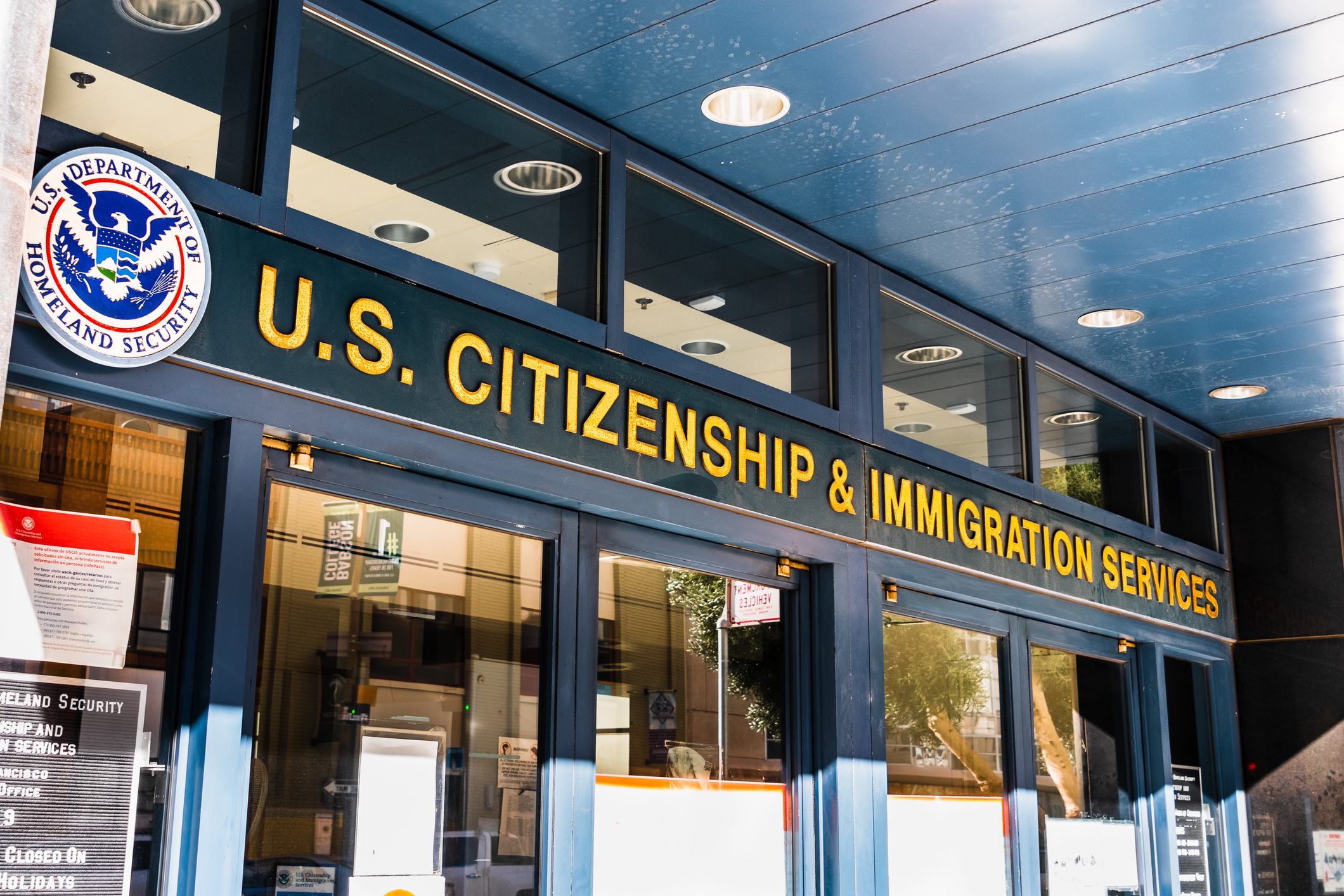How Has the Coronavirus Impacted U.S. Immigration?
In the wake of the Coronavirus being declared a pandemic by the World Health Organization (WHO), countries across the globe, the U.S. included have been forced to implement restrictive measures on who enters and leaves their borders. The impact of the Coronavirus on U.S. immigration and travel has been great over the past few months. Restrictions at ports of entry in an effort to contain the spread of the virus have been implemented. There has also been a major disruption in providing immigration services as well as holding immigration legal proceedings as a result of the Coronavirus outbreak.
Coronavirus and U.S. Immigration
Back in March, the U.S. and Mexico first announced that all travel between the two countries would be restricted to only that which was deemed “essential.” Essential travel includes things like travel for medical purposes, work, or school. U.S. and Canada also implemented this restriction on “non-essential” travel between the two countries. In addition to those border travel control measures, government agencies have been making routine closures that have had a big effect on U.S. immigration.
Also in March, the Justice Department started to close immigration courts through mid-April. All hearings for immigrants not currently in detention were postponed. The State Department canceled all routine immigrant and nonimmigrant visa appointments that were set to take place at embassies and consulates all over the world. The State Department said it would continue to provide emergency services whenever possible. If you had a visa appointment that was canceled, your visa fee should stay valid to be used for a later appointment in the country where you paid if used within one year of payment. USCIS also temporarily shut down all of its offices in March stating that all field offices would be closed until at least April 1st. USCIS also postponed naturalization ceremonies.
ICE postponed some of its scheduled deportation flights. U.S. health experts have been asking to make hospitals and other treatment facilities “immigration enforcement-free zones.” The President has made statements to the effect that immigrants should feel free to get tested for the Coronavirus without fear of impunity. However, no official action has been made to declare healthcare facilities in enforcement-free zones. Enforcement-free zones would be established to help ensure that immigrants would seek diagnosis of and treatment for Coronavirus. In the past, the Department of Homeland Security (DHS) has set up enforcement-free zones in times of crisis such as post-natural disasters or terrorist attacks. In these zones, immigration agents are not authorized to initiate arrests, searches, or interviews. This is to ensure that people get the treatment and care they need. A person trying to avoid getting diagnosed with or treated for Coronavirus due to fear of immigration enforcement would have potentially catastrophic health consequences for the person and general public.
Immigration Attorney
If you have any questions about immigration law in the time of the Coronavirus pandemic, Talamantes Immigration Law will provide you with the answers you are looking for. We are here to support our clients through this difficult time. Contact Talamantes Immigration Law Firm today.
Posted in: Uncategorized

